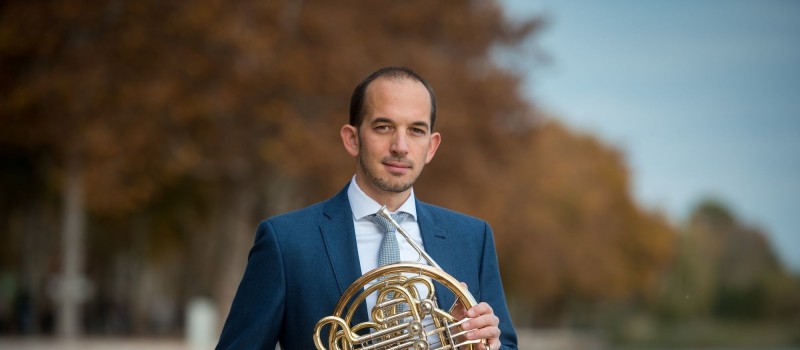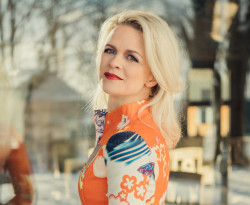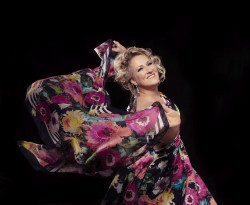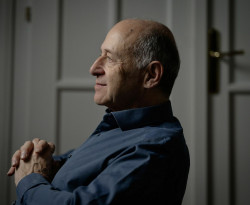
Pannon Philharmonic
Four in One
Ticket prices
Add this event to your Google Calendar.
Why 'four' and why 'one', when what is being played are three pieces in different genres by three different composers? Counting Schönberg, who revised the Brahms quartet, the audience will get to hear works by four composers, a concert piece featuring four solo instruments and an orchestral piece created from a piano quartet. This concert by the Pannon Philharmonic will stimulate the imagination in every sense.
Following the northern legend, the audience will get to discover a fairy-tale world of German Romanticism in Robert Schumann's concert piece for four horns and orchestra. Four horns can often be heard together in an orchestra, but only quite rarely as soloists. In the music of the German Romantics, the horn simultaneously depicts the heroic character, the yearning for freedom and the lyricism of a life lived close to nature. And indeed, the music also has room for intimate romance alongside the heroism and vitality.
Closing the sequence will be Schumann's young friend and admirer Johannes Brahms. Although the young Brahms originally wrote the substantial four-movement work for piano, violin, viola and cello, he was unable to relegate his large-scale and complex thinking to the background, and so the piece became a symphony conceived for four instruments. This feature was exploited later by Arnold Schönberg, who scored the Piano Quartet No. 1 in G minor for full orchestra. The other interesting aspect of the work is the fact that this piece representing the stylistic world of German Romanticism ended up with a Rondo alla Zingarese (Gypsy rondo) as its closing movement, thus allowing the audience to witness a fiendishly virtuosic finalé!
Presented by: Pannon Philharmonic
Sections
Conductor:
-
Tibor Bogányi
Featuring:
-
hornSzabolcs Zempléni, Ferenc Varga, Máté Borbíró, Árpád Pétersz
Parking information
We wish to inform you that in the event that Müpa Budapest's underground garage and outdoor car park are operating at full capacity, it is advisable to plan for increased waiting times when you arrive. In order to avoid this, we recommend that you depart for our events in time, so that you you can find the ideal parking spot quickly and smoothly and arrive for our performance in comfort. The Müpa Budapest underground garage gates will be operated by an automatic number plate recognition system. Parking is free of charge for visitors with tickets to any of our paid performances on that given day. The detailed parking policy of Müpa Budapest is available here.
Refreshments – Without the Queue
Thanks to our new catering service at the Átrium Snack Bar, you can forget about waiting in line during intermissions for some refreshments and get your order prepped especially for you by the time the intermission actually starts. Find out more about pre-ordering here.
Safe ticket purchase
Dear Visitors, please note that only tickets purchased from the Müpa website and official ticket offices are guaranteed to be valid. To avoid possible inconvenience, we suggest buying tickets to our performances and concerts via the mupa.hu website, the Interticket national network (jegy.hu) or at our official ticket offices.



